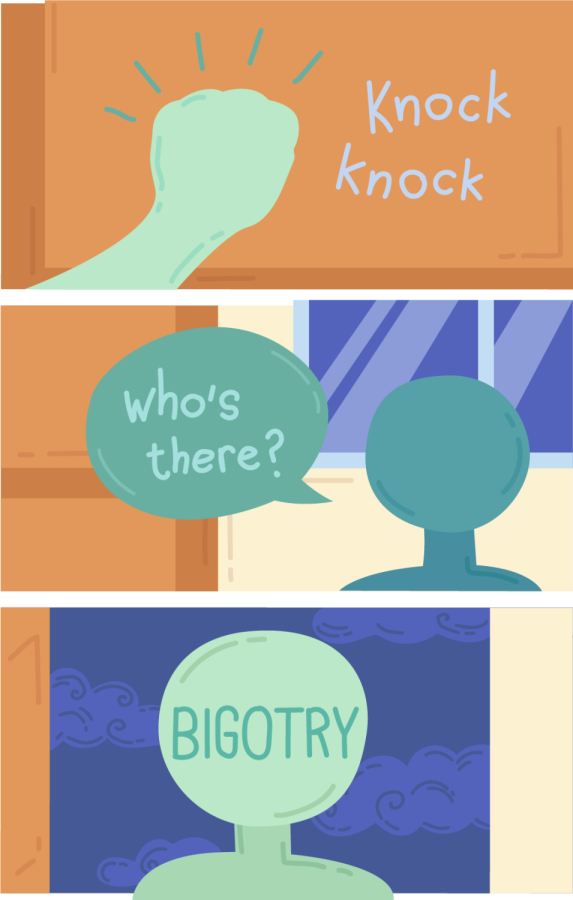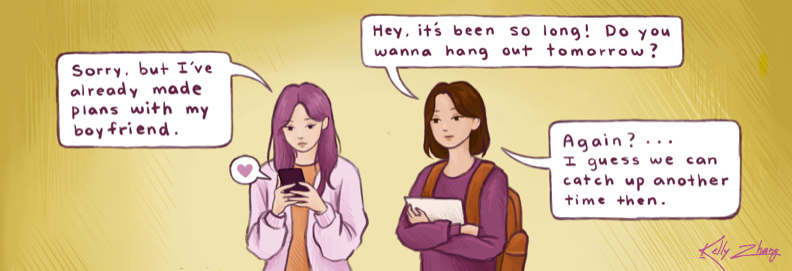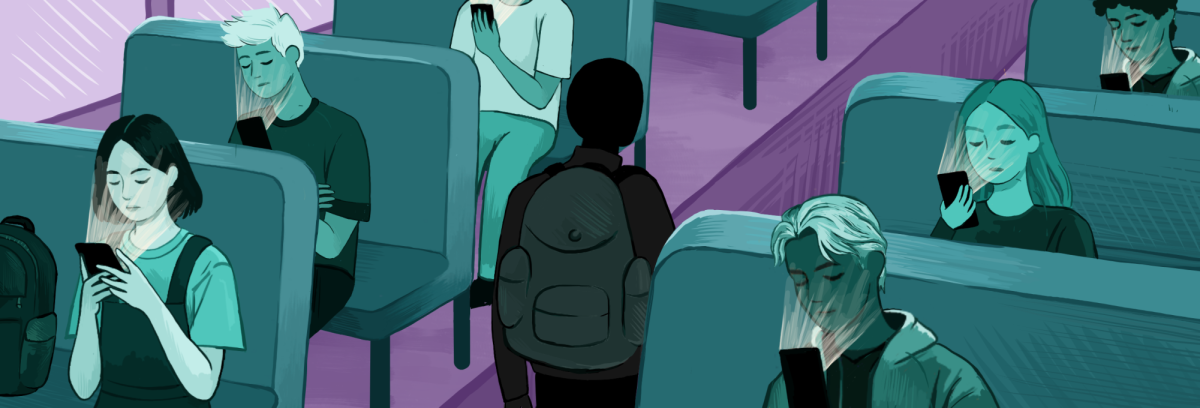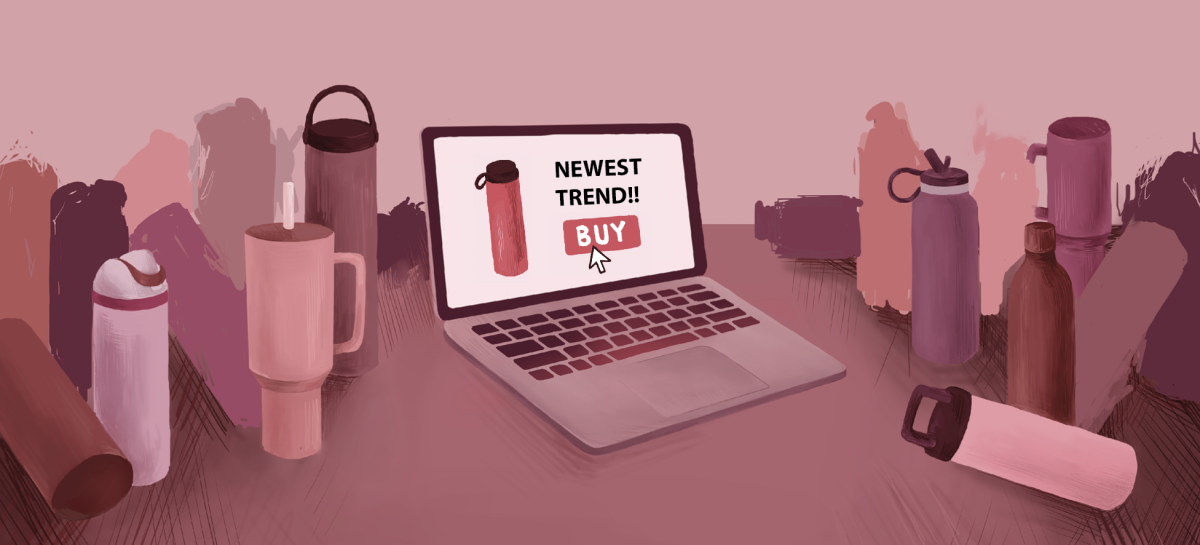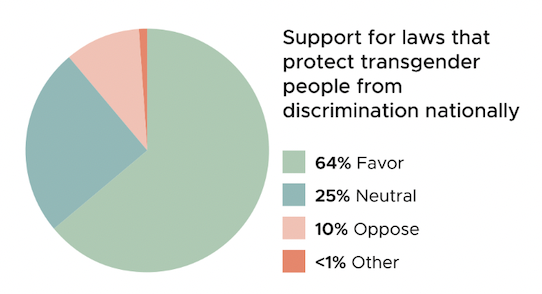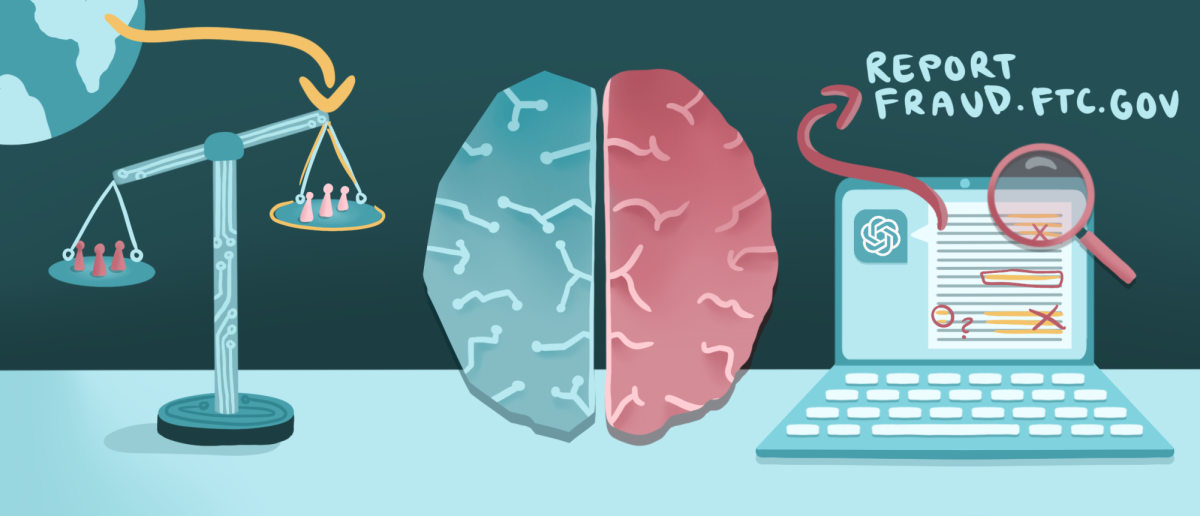Laughter is inherently social.
We rarely laugh when we aren’t with other people, and even in the case of solitary laugher, it’s usually when we are accompanied by virtual stand-ins for camaraderie: an actor in a movie, a book character, a celebrity in a youtube video. And while this allows laughter to be a critical building block for relationships, it also allows laughter to serve as a social barometer.
Laughing together is indicative of being of the same social status. (Perez 17) Because of this, shared humor is absolutely contingent on social, cultural and political contexts, and can serve as a powerful tool in reinforcing social hierarchies. White male comedians tend to find success more easily because that is the social group many want to identify with in hopes of gleaning power, jokes excused as “dark humor” are used to exclude by exploiting genuine pain for a snicker and racial, gendered or queer personas become associated with humor — ranging from acting out exaggerated stereotypes to the more subtle forms of stealing vernaculars and attributed gestures. It’s not just “Gen Z culture”, it’s bordering on modern day minstrelsy.
The same people that normally rebuff prejudiced viewpoints subconsciously recognize that a few chuckles can help them fit in, giggles can buy new friends and guffaws can guarantee numbers — numbers that there’s safety within.
When the taunting of inequities becomes packaged with shiny wrapping paper in the form of a punchline, it’s a lot easier to laugh instead of recognizing the discriminatory nature. Yet wrapping paper on its own won’t transform bigotry into “just a joke.” Bigotry is still bigotry, and we must evaluate if it’s truly a ‘joke’ or if it’s simply mockery, proactively call people out and wield well the power laughter holds.


